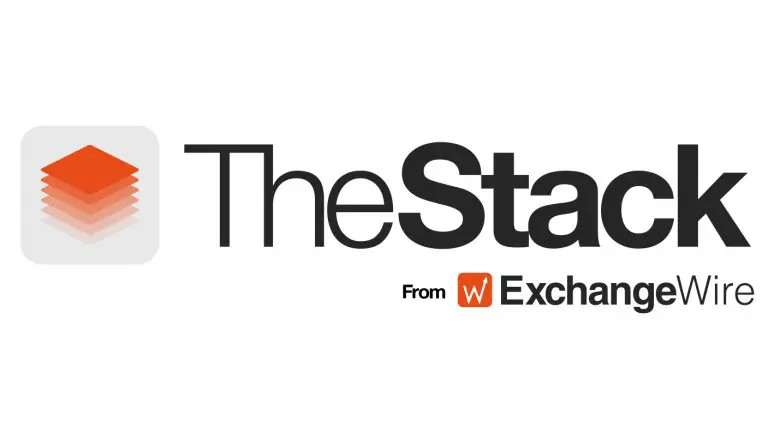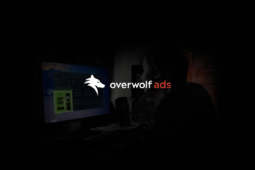The Stack: Global Tech Reset
by on 4th Jul 2025 in News

This week signals a shift in the trajectory of AI and digital media. In today’s MadTech Daily we discuss ChatGPT referrals failing to match drops from Search, Google’s new Search proposal to avoid an EU antitrust fine, and the IPA urging the reform of legacy agency pricing structures.
In a notable shift away from its long-held preference for proprietary systems, Apple is reportedly in talks to license AI models from Anthropic or OpenAI to power a new version of Siri, a significant departure from its current reliance on in-house Foundation Models. The tech giant has approached both AI firms to train bespoke versions of their large language models (LLMs) on Apple’s own cloud infrastructure for internal testing.
While Apple explores new frontiers, the US Senate has drawn a line on who gets to regulate them. The US Senate has voted against a proposed 10-year federal ban on state-level regulation of artificial intelligence models. In a 99 to one vote, senators approved an amendment to remove the controversial provision from President Trump’s flagship tax and spending package, which he has branded the “big, beautiful bill”.
Legal scrutiny is intensifying globally,particularly for Microsoft’s European operations. Microsoft Ireland Operations is facing the first-ever High Court representative action under Ireland’s Collective Interests of Consumers Act. The case centres on allegations that the company unlawfully processed personal data to fuel its advertising business.
In a sudden policy reversal, Canada abandoned its planned digital services tax just hours before implementation. This move is aimed at unfreezing trade negotiations with the US following criticism from president Trump, who labelled the levy a “direct and blatant” attack on American tech firms.
Amid the policy turbulence, The Interactive Advertising Bureau (IAB) has launched its Gaming Measurement Framework, a new industry tool designed to bring clarity, consistency, and confidence to advertising in gaming environments. As gaming becomes a key channel for consumer attention and brand engagement, the framework introduces standardised ad formats across display, video, audio, and custom media types.








Follow ExchangeWire